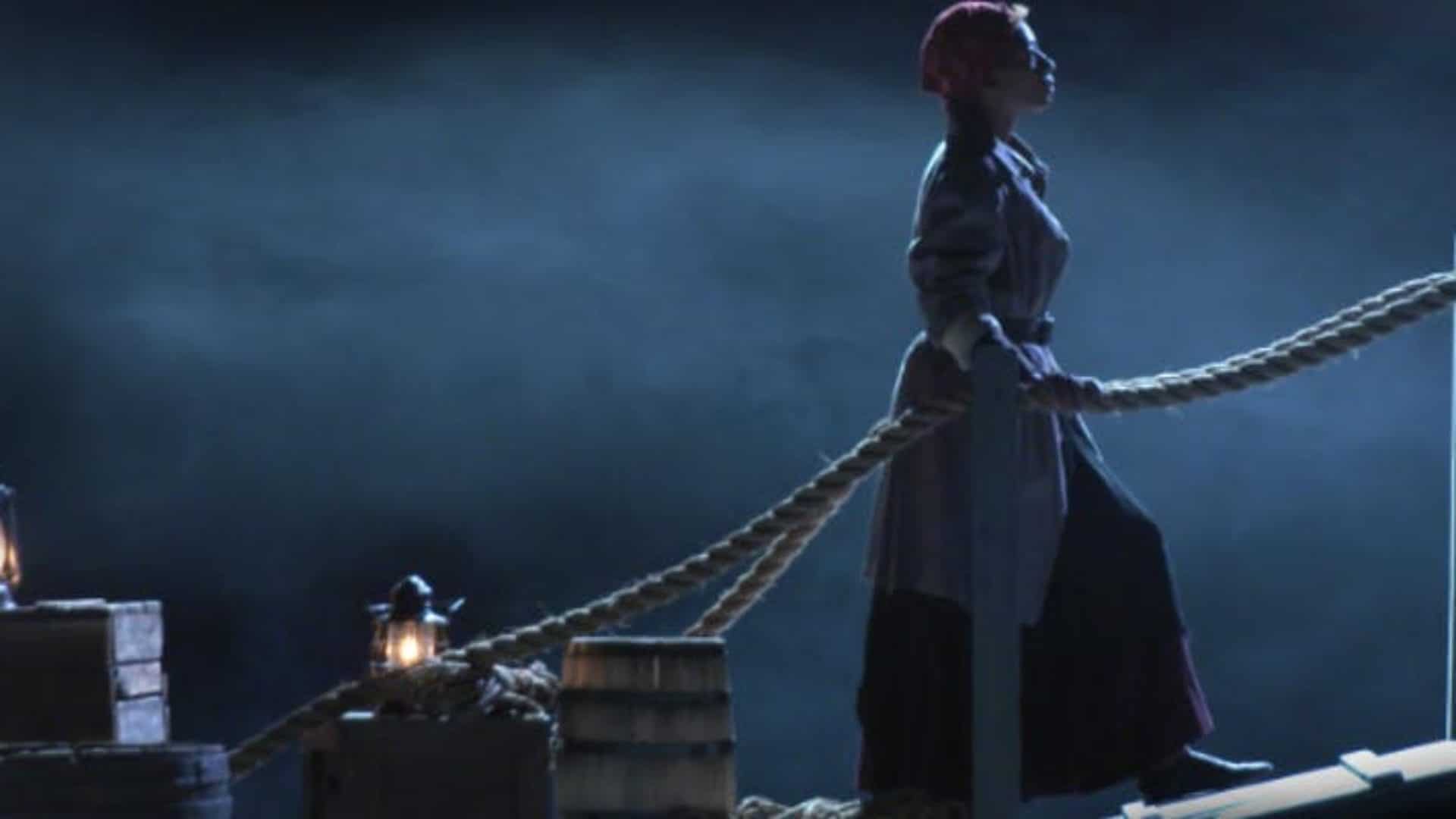
Philly is a city that’s very well known for a couple of things and people, both real and fictional. You may know it as the city that produced founding fathers like Thomas Jefferson and Benjamin Franklin. You may know it as the city from which the fabulous Philly cheese-steak sandwich sprang forth. You may know it as the city where Rocky conducted his famous training montage. And you may even know it as the city where Will of Fresh Prince was “born and raised on a playground where [he] spent most of [his] days”.
Indeed, Philadelphia has a rich political and cultural history. And it’s about to get even more rich with the documentary Sisters in Freedom—which documents Philly’s less-discussed history of Black and white female abolitionists who were so audacious that they spoke in public despite the taboos of doing so.
What’s interesting is Philadelphia’s place in the larger abolitionist movement is rarely disputed. In fact, any respectable history book will often mention the city’s connection to the movement and usually focuses on the city having been founded by Quakers, who were famously anti-slavery. However, the women who were instrumental in this movement (besides the typical Susan B. Anthony or Elizabeth Cady Stanton), are often left out but Sisters In Freedom seeks to change that.
The women in question include Black feminists Charlotte Forten, her daughter Harriet Forten, Sarah Map Douglass and white feminists Lucretia Mott, Sarah Grimke, and Angelina Grimke Weld—the latter two of who were famous Quaker feminists. This entire group was responsible for founding one of the first multiracial coalitions on December 9, 1833, for the sole purpose of opposing and abolishing slavery. And they faced gross opposition and violence for doing so.
This coalition was known as the Philadelphia Female Anti-Slavery Society and was born, in part, due to misogyny and misogynoir in the larger abolitionist movement and three days after it became apparent that the American Anti-Slavery Society would remain male-dominated and would not be considering any women for leadership roles.
Co-Director Andrew Ferrett had this to say about the importance of such history:
“They were so consequential in moving the national debate toward the abolition of slavery. We wanted to make a dedicated film about women’s history in Philadelphia.”
The film also makes it no secret that even the North also benefited from slavery—particularly where the banking and textile industries were concerned—and makes it clear that just because these women were in Philadelphia doesn’t mean they didn’t face fierce backlash for their progressive views from fellow Philadelphians.
“People don’t learn that there was slavery here,” Educational director of History Making Productions Amy Cohen stated. “They learn the Underground Railroad was here, not that there was slavery.”
Per The Inquirer, the film will be shown at the Community College of Philadelphia at 11:30 am this upcoming Thursday and will be screened again at 7:00 pm that day at the Woodmere Art Museum.
